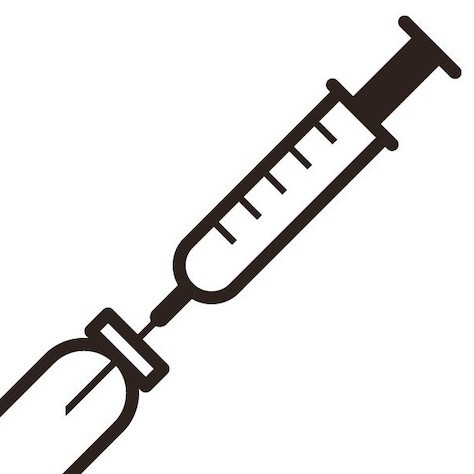Understanding AndroGel Lawsuits: What You Need to Know
AndroGel, a popular testosterone replacement therapy (TRT) gel, has been the subject of numerous lawsuits over the years. These legal actions have raised significant concerns about the safety and marketing practices associated with the product. In this blog, we'll dive into the background of AndroGel, the nature of the lawsuits, key legal outcomes, and what it all means for patients considering or currently using testosterone replacement therapy.
What is AndroGel?
AndroGel is a topical testosterone gel used to treat men with low testosterone levels, also known as hypogonadism. It is applied to the skin, allowing testosterone to be absorbed into the bloodstream. The gel is designed to help restore normal testosterone levels, which can improve symptoms such as low libido, fatigue, and muscle weakness.
The Rise of Lawsuits
The wave of lawsuits against AndroGel's manufacturer, AbbVie Inc. (a subsidiary of Abbott Laboratories), primarily began in the early 2010s. The key issues raised in these lawsuits include:
Cardiovascular Risks: Plaintiffs alleged that AndroGel increases the risk of heart attacks, strokes, and other cardiovascular problems. These claims were supported by studies suggesting a link between testosterone therapy and heart-related issues.
Inadequate Warnings: Many lawsuits claimed that AbbVie failed to provide adequate warnings about the potential risks of AndroGel. Plaintiffs argued that the company did not sufficiently inform patients and healthcare providers about the possible side effects.
Aggressive Marketing: Another major point of contention was the aggressive marketing tactics used by AbbVie. The lawsuits alleged that the company promoted AndroGel for off-label uses and exaggerated the benefits while downplaying the risks.
Misleading Advertising: Plaintiffs accused AbbVie of misleading advertising practices, including overstating the prevalence of low testosterone and the benefits of AndroGel, thereby encouraging men without medical necessity to seek the treatment.
Key Legal Outcomes
Several significant legal outcomes have emerged from the AndroGel lawsuits:
Multidistrict Litigation (MDL): Due to the large number of lawsuits, the cases were consolidated into multidistrict litigation (MDL) to streamline the process. This allowed for coordinated pretrial proceedings and discovery.
Jury Verdicts and Settlements: There have been notable jury verdicts and settlements in favor of plaintiffs. For instance, in 2017, a federal jury in Chicago awarded $140 million in punitive and compensatory damages to a man who suffered a heart attack after using AndroGel. However, some verdicts have been overturned on appeal, leading to ongoing legal battles.
Regulatory Actions: In response to the growing concerns, the U.S. Food and Drug Administration (FDA) required manufacturers to add warning labels to testosterone products, including AndroGel, about the potential risks of heart attacks and strokes.
The Impact on Patients
The lawsuits and subsequent legal outcomes have had several implications for patients:
Increased Awareness: The legal actions have raised awareness about the potential risks associated with testosterone replacement therapy, prompting more informed discussions between patients and healthcare providers.
Stricter Guidelines: The FDA has issued stricter guidelines for the prescription and use of testosterone products. Healthcare providers are now more cautious in prescribing these treatments, ensuring that only those with a clear medical need receive them.
Enhanced Patient Safety: The added warnings and regulatory scrutiny have improved patient safety by ensuring that the risks of testosterone therapy are more clearly communicated and understood.
The AndroGel lawsuits have highlighted critical issues regarding the safety and marketing of testosterone replacement therapy products. While testosterone therapy can offer significant benefits to those with genuine medical needs, it is essential for patients to be fully aware of the potential risks and to have open, informed discussions with their healthcare providers.
For those considering or currently using testosterone replacement therapy, it's crucial to stay informed, ask questions, and make decisions based on a thorough understanding of the benefits and risks. And as always, consult your doctor before starting any new treatment to ensure it is the right choice for your health.
Remember, while legal actions and regulatory changes can improve patient safety, individual responsibility and informed decision-making remain key to managing your health effectively.




Comments
Post a Comment